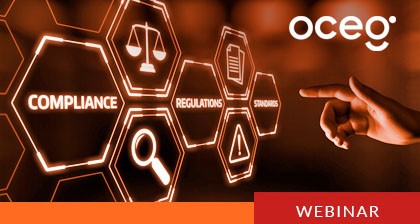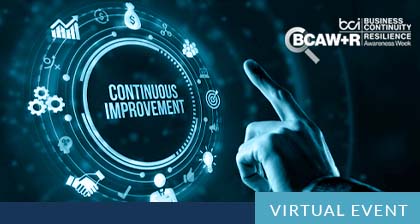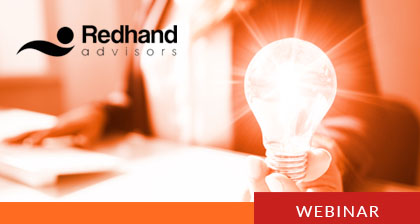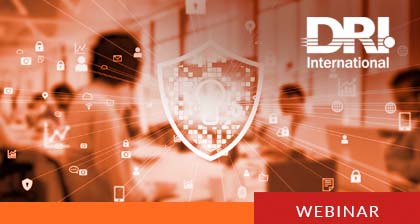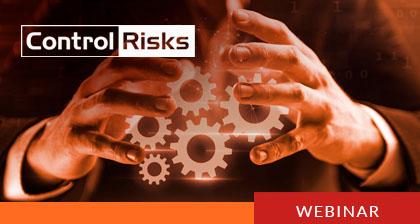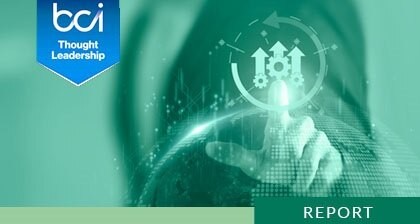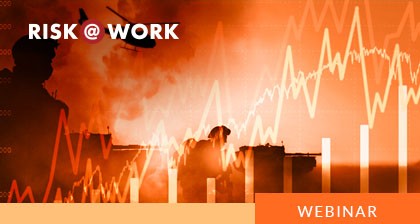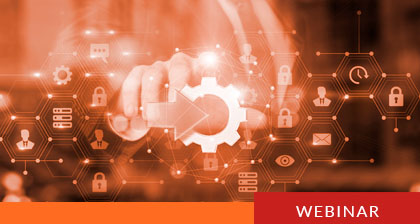Loading view.
Venue: Online Webinar
Events at this venue
ProjectManagement.com Webinar | Tales from the Trenches: Managing Risk Around the Globe
Venue: Online WebinarBCAW + R Week
Venue: Online WebinarRedhand Webinar: Innovations and Insights: A Conversation with Industry Leaders on the 2024 RMIS Report
Venue: Online WebinarFeaturing:
Pat O’Neill, Founder & President, Redhand Advisors
Kathryn Carlson, SVP, Product, Riskonnect, Inc.
Patrick Eslick, Sr. Director, Product Management, Insurable Risk, Riskonnect, Inc.
DRI Webinar: There’s No Business Resilience Without Cyber Resilience
Venue: Online WebinarBusiness Resilience: Best Practices for Effective Crisis Management
Venue: Online WebinarFeaturing: Matt Hinton, Partner, Crisis and Security Consulting | Control Risks
BCI Operational Resilience Report 2024 – EMEA Launch
Venue: Online WebinarBCI Operational Resilience Report 2024 – Americas Launch
Venue: Online WebinarManaging Risks in War Zones and Beyond: Navigating Complexity in a Volatile World
Venue: Online WebinarFeaturing: Jason Mefford, cRisk Academy | Mefford Associates

